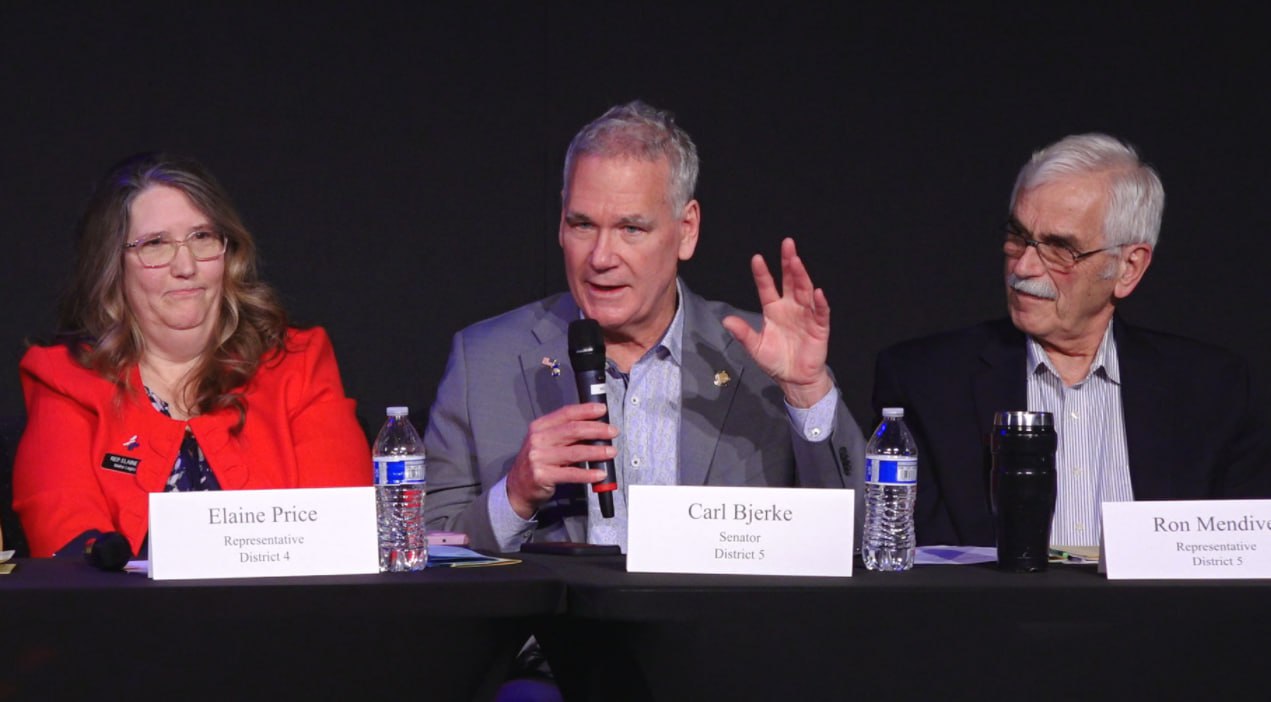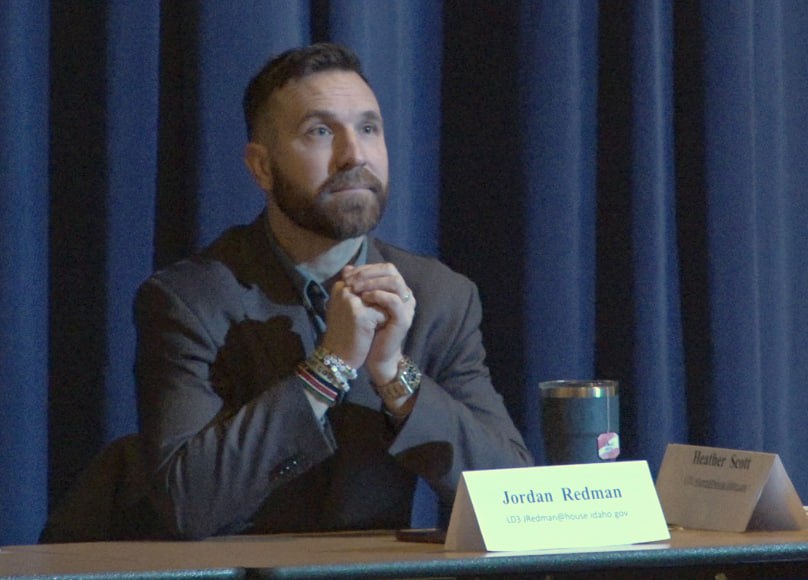Keep Right – Column by Ralph K. Ginorio
Right now, a pair of North Idaho legislators are trying to add passing a year of the history of Western civilization to Idaho’s high school graduation requirements.
Representative Joe Alfieri and Senator Ben Toews are bringing this initiative before Idaho’s house and senate. They could use your support. I expect institutional opposition, as well as opposition from the Left. Had state and educational officials themselves seen a need for requiring Western civilization in secondary schools, then something like this proposal would already have been adopted.
All cultures have value, but the Western tradition has made America possible. Whatever our own personal ancestry, we Americans all benefit from being a part of the Western tradition. The Left’s addiction to identity politics will motivate many of them to fight tooth-and-nail against a proposal like this, because it focuses on what unifies us rather than what divides us.
Non-Western cultures and civilizations can be studied as they interact with the West, where comparisons and contrasts with the west can be most vividly illustrated. However, neither American freedom nor mainstream culture can be comprehended without reference to the broader history of western civilization.
Idahoans, like all Americans, are inheritors of a distinct Western civilization. Our traditional western culture safeguards our identity as a free people. Right now, this initiative proposes that as of the 2029-2030 school year, beginning with the Class of 2030, no student should earn a diploma from any Idaho secondary school without having earned passing credit in a full-year (two-semester) course in the history of Western civilization.
While Western civilization is our shared mainstream culture within Idaho and the United States, its details have not been systematically taught to every Idaho student. Schools exist to acculturate coming generations in the ideals, manners, practices, and skills of the broader society. Without instruction into the specific historical tradition that sparked and perpetuates our liberty, Idaho’s students have been deprived of a critical element in their acculturation.
Every free society depends upon the cultural literacy of its citizens; their understanding of how freedom is practiced and preserved. The constitutional ideals of the United States are inextricably rooted in ideas and practices that derive from a specific historical and cultural tradition. This tradition spans from the Pre-Classical River Valley civilizations, Ancient Greece, Ancient Rome, Judeo-Christian faith-traditions, Medieval Christendom, the Renaissance, the Reformation, the Enlightenment, and English Parliamentarianism.
The United States has developed alongside industry, nationalism, socialism, and imperialism. Americans profligately shed blood and spent treasure to abolish slavery internally and have repeatedly fought to keep much of the rest of the world from being enslaved by variant totalitarianisms.
All the while, Americans have striven to build a more perfect union where the definition of a fully-enfranchised human being has been expanded in every recent generation. This all is in harmony with broader trends within worldwide western civilization.
This Western heritage is crucial to people of diverse ideals, reminding us that what unites us is more important than what divides us.
Protracted self-scrutiny, constructive self-criticism, and social reform characterizes western civilization. No other culture is so eager to rip itself apart and reinvent itself in order to bring positive change. Today’s progressivism comes from the west’s unique reform tradition.
Conservatives, who purport to be defenders of tradition, should deeply understand the distinct Western tradition that makes both the United States and the west exceptional.
If you agree with this initiative, please consider contacting your elected representatives in the Idaho house and senate to encourage their support. Here is one idea of what a western civilization course should cover:
- Unit I: Origins: Paleolithic Era – Pre-Classical River Valley Civilizations
- Unit II: Ancient Greece: Persian Wars, Democracy, & Alexander
- Unit III: The Roman Republic, Christianity, & the Roman Empire
- Unit IV: The Middle Ages: Byzantium, Christendom, & Islam
- Unit V: Early Modern Europe: Renaissance, Reformation, & Discovery
- Unit VI: Absolutism, Enlightenment, Revolution, & Napoleon
- Unit VII: The 19th Century: Industry, Socialism, Nationalism, Imperialism
- Unit VIII: 20th & 21st Centuries: World Wars, Totalitarianism, Decolonization, Post-Modernism, & the Contemporary World






